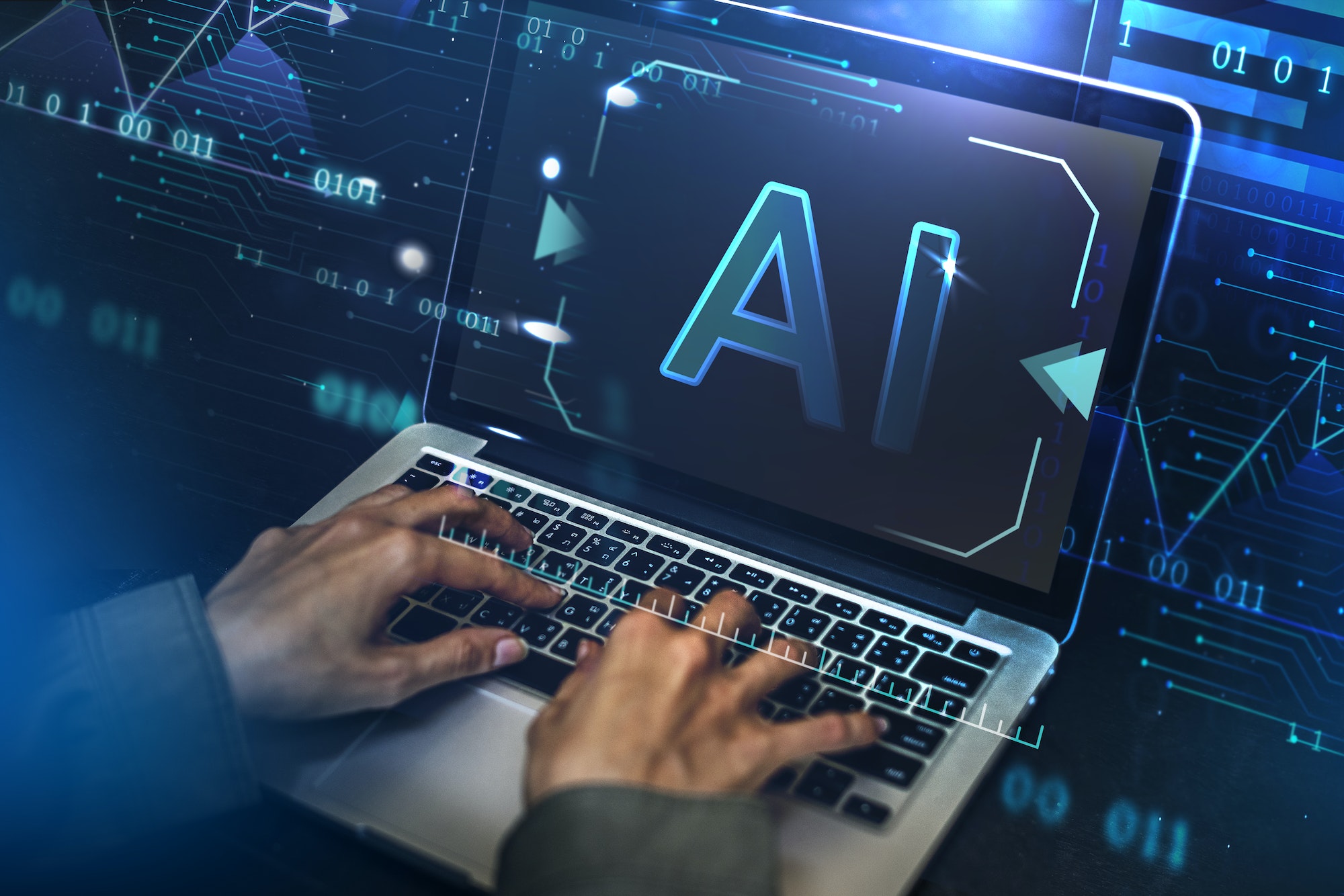You might’ve heard a lot about AI taking over jobs and how it’s creating a bunch of tension in the workplace, especially in creative sectors. Let’s be real, it’s scary to think about AI doing our job, and even scarier to consider what happens to our self-worth and identity if it does. The main question everyone’s asking is, “Will AI make our skills useless?”

Work isn’t just about earning money; it’s a big part of our identity. It’s a source of pride, community, growth, and overall happiness. So, when AI threatens to take over, it’s natural to worry about all these areas of life.
One big reason why AI scares people is because it’s developing super fast and it’s hard to keep up with what that means for our future. But, don’t forget that understanding something can help reduce the fear around it. Research shows that people who learn about AI and develop AI skills aren’t as worried about it messing with their jobs. It helps to understand what AI can and can’t do, and the fact that humans still need to oversee AI.
A proactive way to deal with this “AI fear” is by learning about AI and becoming a master of your field. That way, you can use AI to help your work instead of it replacing you. You can be in charge of how AI is used in your work and share what you know about its potential and limitations.

Although AI might pose a risk to some job tasks, you can still ensure your job security by focusing on what AI can’t do. Start by pinpointing tasks that AI is good at, then work on skills that are harder for AI to mimic. This might mean moving into roles that require more human qualities, helping you find new purpose in your job.
Also, remember that there are things AI just can’t replace. Jobs requiring creativity, new ideas, and unique solutions are less likely to be fully automated. This includes jobs in science, medicine, law, and other creative fields. Plus, jobs that require deep human understanding and relationship building, like nursing, business consulting, and journalism, can’t be easily replaced by AI. Trade jobs like electricians, plumbers, and welders are also safe as these tasks require a level of physical skill and adaptability that machines can’t copy.

But let’s be honest, AI can automate some parts of almost any job. So, the trick is to figure out which parts of your job might be automated and to develop other skills that AI can’t replace. Focus on human qualities like emotional intelligence, creativity, and social skills to ensure you remain valuable.
Remember, we’ve faced technology taking over jobs before. Since the Industrial Revolution, we’ve always managed to adapt and keep our place in the workforce. History shows us that fears of total job replacement are often over-hyped. We’ve always found ways to work alongside technology, using our unique human skills.
In the end, the rise of AI in the workplace might be scary, but understanding and engaging with AI can help reduce that fear. By learning about AI, developing new skills, and focusing on what makes us humans unique, we can find new ways to grow and stay fulfilled in the ever-changing job market.

FAQs on AI’s Impact in the Workplace
Q1: Will AI take over all jobs?
No, AI will not take over all jobs. While it might automate certain repetitive or predictable tasks, there are many aspects of work that require human skills that AI can’t replicate. These include creative thinking, emotional intelligence, and interpersonal relationships.
Q2: What kind of jobs are most at risk from AI?
Jobs involving predictable, repetitive tasks are most at risk. This includes roles in manufacturing, data entry, and some aspects of customer service. However, many jobs will simply evolve with AI, incorporating it as a tool rather than being replaced by it.
Q3: Are there jobs that AI can’t replace?
Yes, there are jobs that AI can’t fully replace. These are jobs that require creativity, innovation, sophisticated interpersonal relationships, or high levels of physical skill and adaptability. This includes roles in fields like science, medicine, law, nursing, business consulting, investigative journalism, and trade jobs such as electricians, plumbers, and welders.
Q4: How can I ensure my job security in an AI-dominated workplace?
You can ensure job security by focusing on developing skills that are hard for AI to replicate. This could include creative thinking, problem-solving, emotional intelligence, and interpersonal skills. Learning about AI and how it can be used in your field can also help you stay valuable.
Q5: Does AI development mean that humans will become redundant in the workplace?
Not at all. Humans have unique skills that AI can’t replicate. Moreover, humans will always be required for tasks such as AI supervision, decision making, and areas requiring a high degree of creativity or personal interaction.
Q6: Can I use AI to enhance my work instead of it replacing me?
Absolutely. AI can be used as a tool to enhance your work by automating repetitive tasks, providing data analysis, and even assisting with creative processes. This can free up your time to focus on tasks requiring uniquely human skills.
Source From BBC


